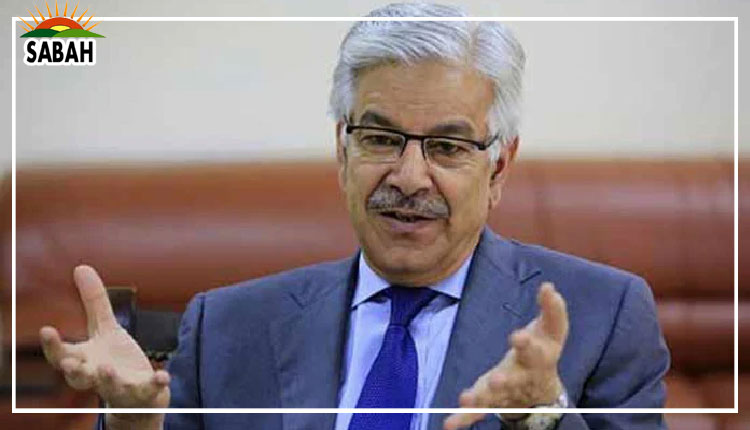The rise of bureaucratic cartels …. Amna Hashmi
In Pakistan, it is often said that the bureaucracy is a maze and getting through it is like a monumental challenge. The bureaucracy that enshrouds our government offices is such that it looks like a masterpiece of art. In fact, to survive in this system, one has to be an expert in camouflaging and hiding from the system. So, let’s dive deeper into this Kafkaesque process, in which the aim is not to learn how to avoid bureaucracy but how people manage to get bureaucracy done.
Think about the situation when a person wants to buy a house or an office and get a permit for their activity. Whereas, what should be simple processes turn into complicated searches for documents, signatures, permissions, and denials. It is similar to a game in which one is always on the losing side despite the fact that one seems to be winning. Pakistan stands at 108 out of 190 in ease of doing business as per the World Bank report which shows the plight of the common man. The irony is that even with many reform efforts, the system is as complex as before and, in fact, may be even more complex.
In Pakistan, bureaucrats are known to be guardians of bureaucracy where they protect the procedures rather than eliminating them. These officials, either willingly or unwillingly, prolong a system that feeds on delay and inefficiency. The Federal Board of Revenue (FBR) is a prime example of the discussed issue. It is common knowledge that the tax filing process in the FBR is not an easy one. In an attempt to demystify it, however, a large part of the population continues to seek the help of agents to deal with their taxes. This intermediary culture leads to corruption and ineptitude, with the economy losing billions of dollars in the process.
Bureaucracy has been proven to be very expensive to the economy in terms of cost. The Pakistan Business Council estimated that regulatory burdens amount to about 4 per cent of business revenues. This inefficiency not only slows down economic growth but also discourages foreign investors from investing in the country. The irony is palpable: a system that is supposed to facilitate the regulation and the management of the process becomes a major barrier to change.
The process of establishing a business is faced with bureaucratic procedures as people often have to pay ‘facilitation’ charges to get the process done quickly, which shows that bribery has become part and parcel of our official procedures. It is like paying for a toll to cross a public road, which emphasises how bribery is institutionalized.
According to a study conducted by the Center for Economic Research in Pakistan (CERP), digital solutions frequently fail because of implementation issues and compatibility with other systems. The paradox is that, in this context, technology has the power to reduce bureaucracy, but it merely adds a new layer to the process.
Tackling the red tape monster is not only about digital solutions and policy reforms, but it is much more than that. It requires the change of culture in terms of openness, responsibility and effectiveness. Some measures include: capacity building of bureaucrats to appreciate the need to offer quality services to the citizens, streamlining of bureaucratic procedures and promoting integrity.
As we exit through the maze of bureaucracy, it is evident that while getting away with it can be a masterpiece, tearing it down is a collective endeavour. The last form of corruption is the most tragic one because it involves a system that is meant to serve the public only to turn around and serve itself. The task is thus to reform this system from within so that it is possible for the citizens to interact with it without having to engage in evasion.












